Shell is working on new formulations of battery fluids as a key component in an important next step in battery development for lighter, longer-range and more affordable electric cars.
The world’s biggest supplier of automotive lubricants (see below) is using Formula E racing as a test bed for its new E-Thermal Fluids and E-Transmission Fluids, including developments in direct, cell-cooling systems tipped to leapfrog the established water-glycol indirect cooling systems, in a bid to become the industry standard.

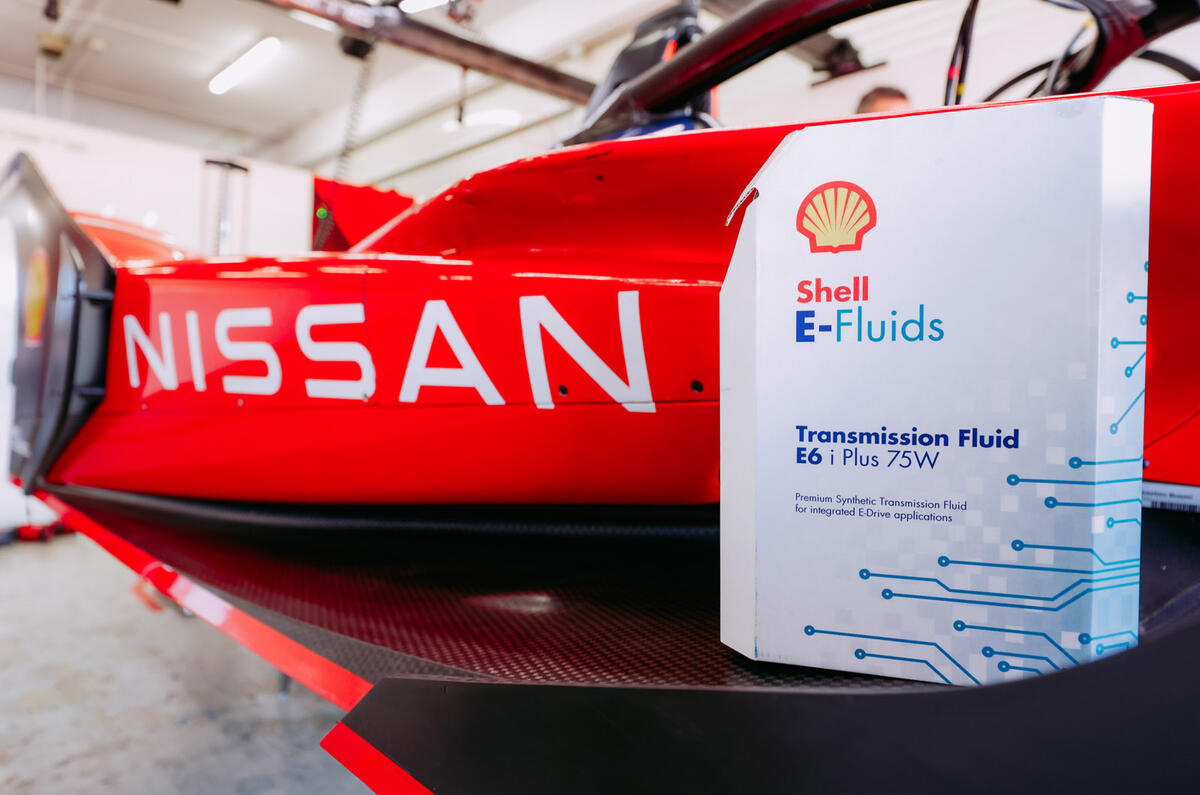
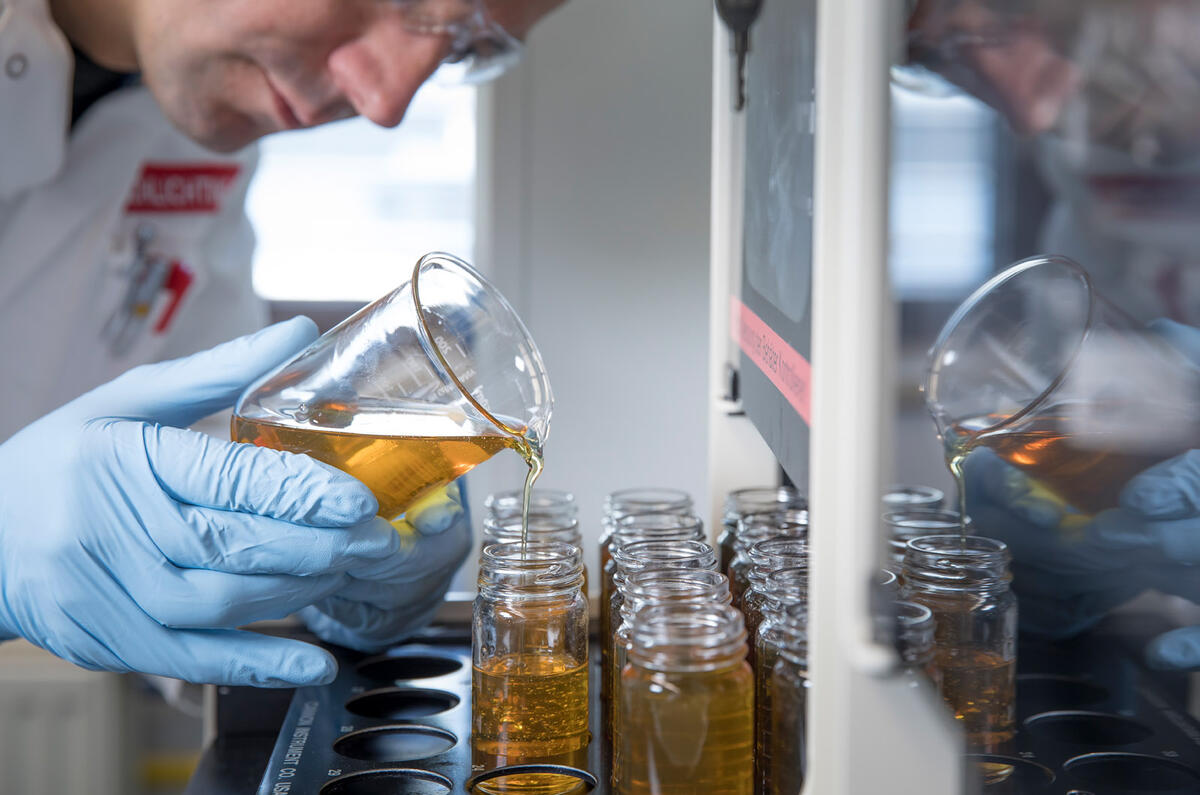
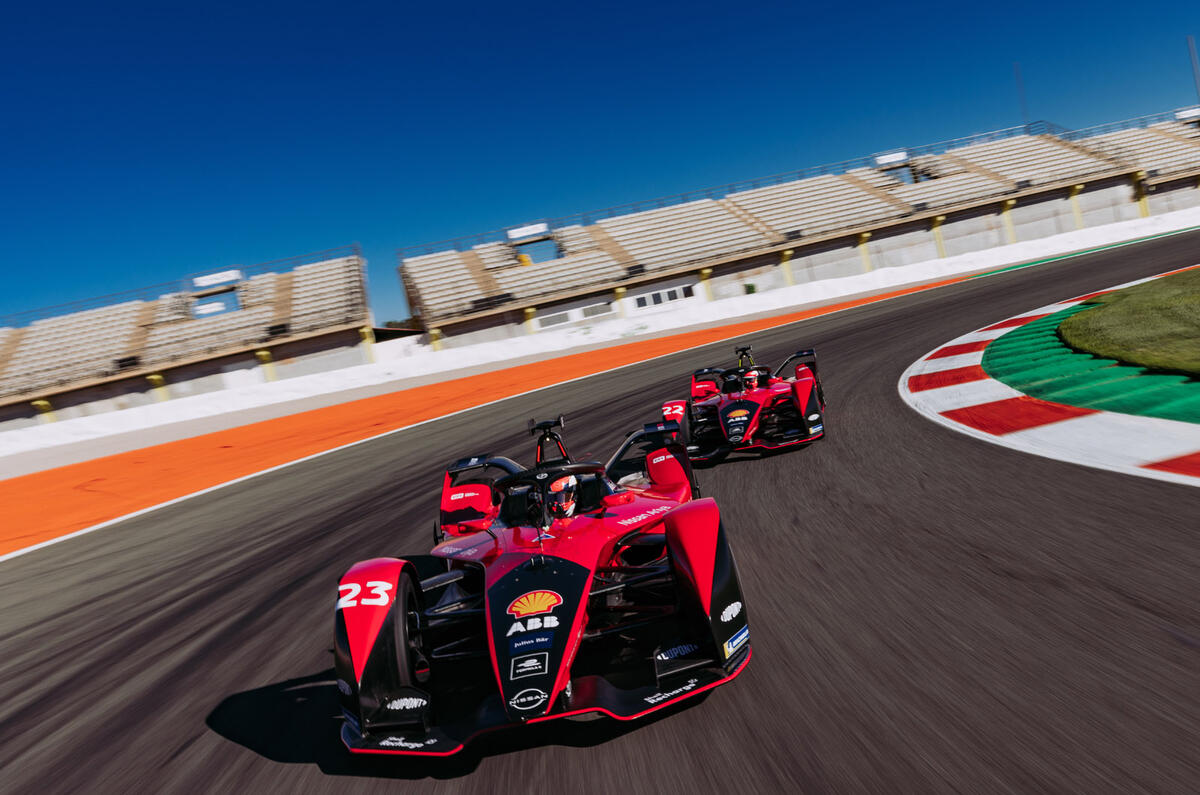
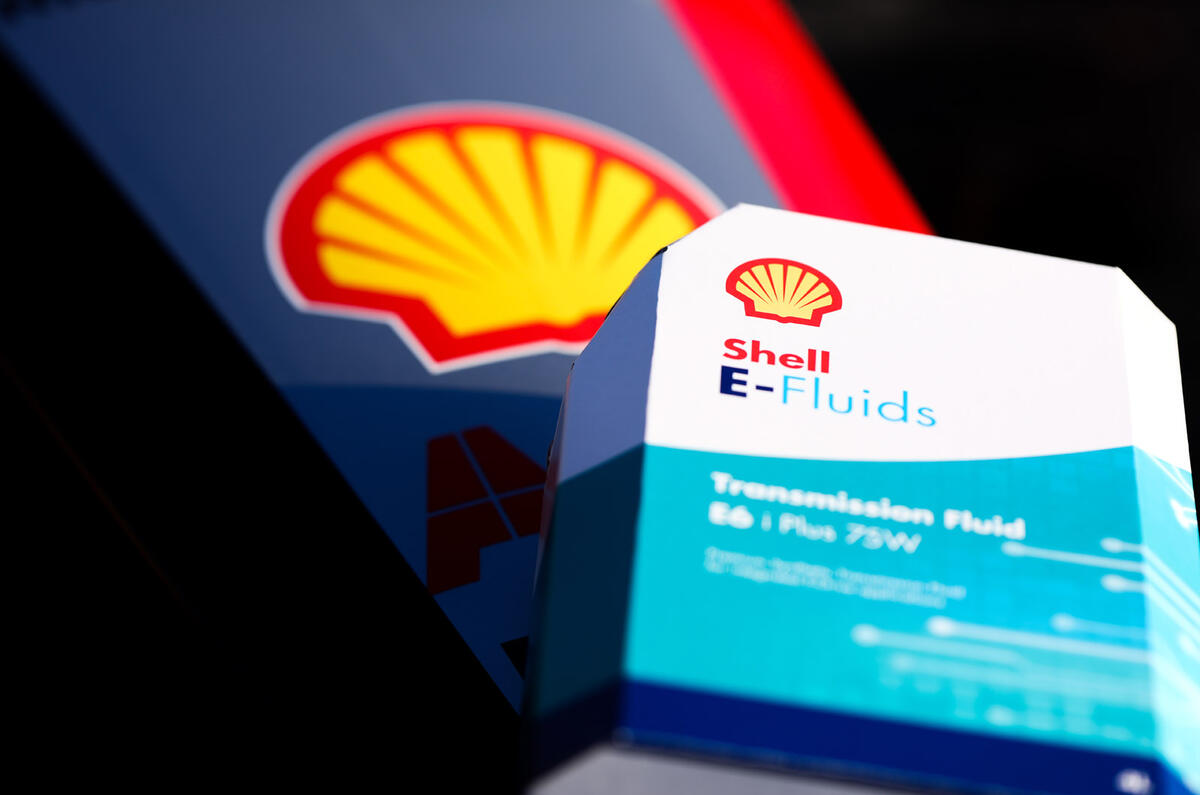
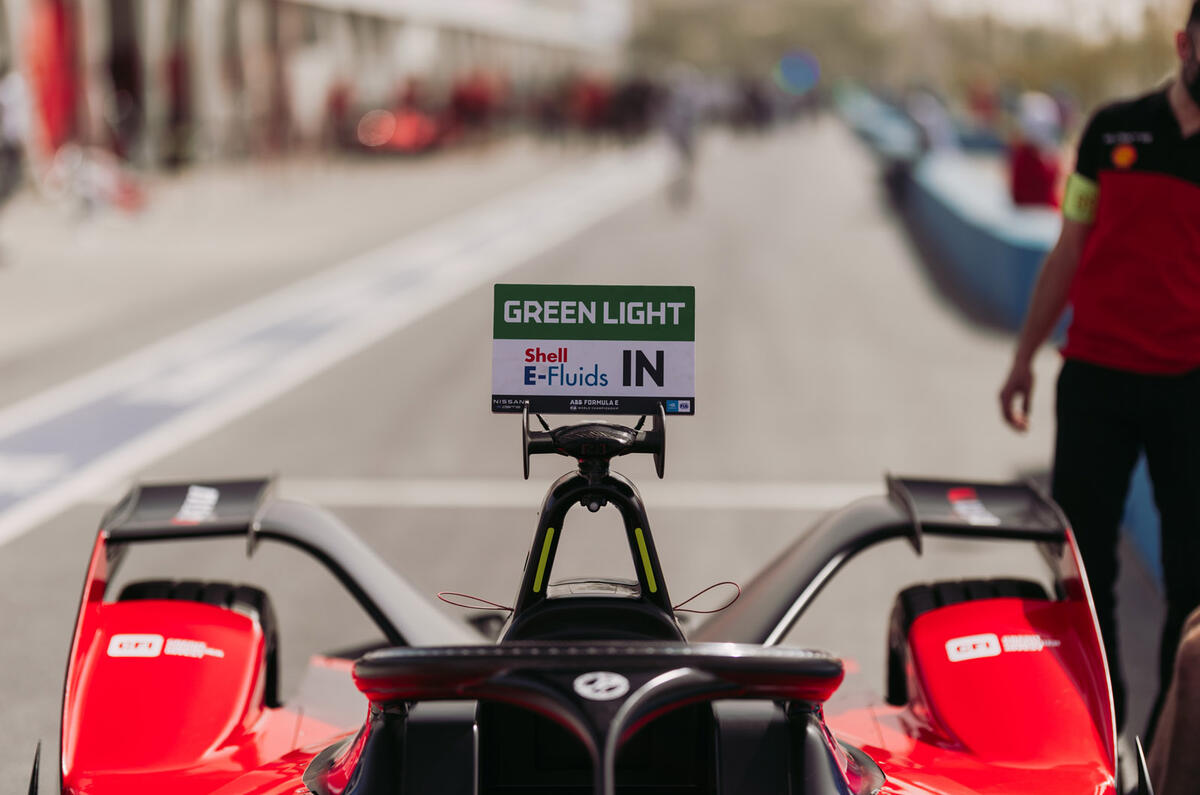
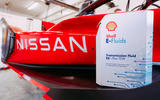

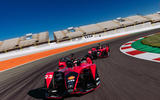
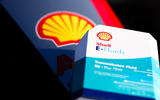



Join the debate
Add your comment
This reads a bit like an advertorial for Shell. I imagine that all oil companies will be developing such products.
No doubt a key requirement of any coolant would be to ensure limited life, so that regular (and expensive) fluid changes would be needed to ensure profitability!